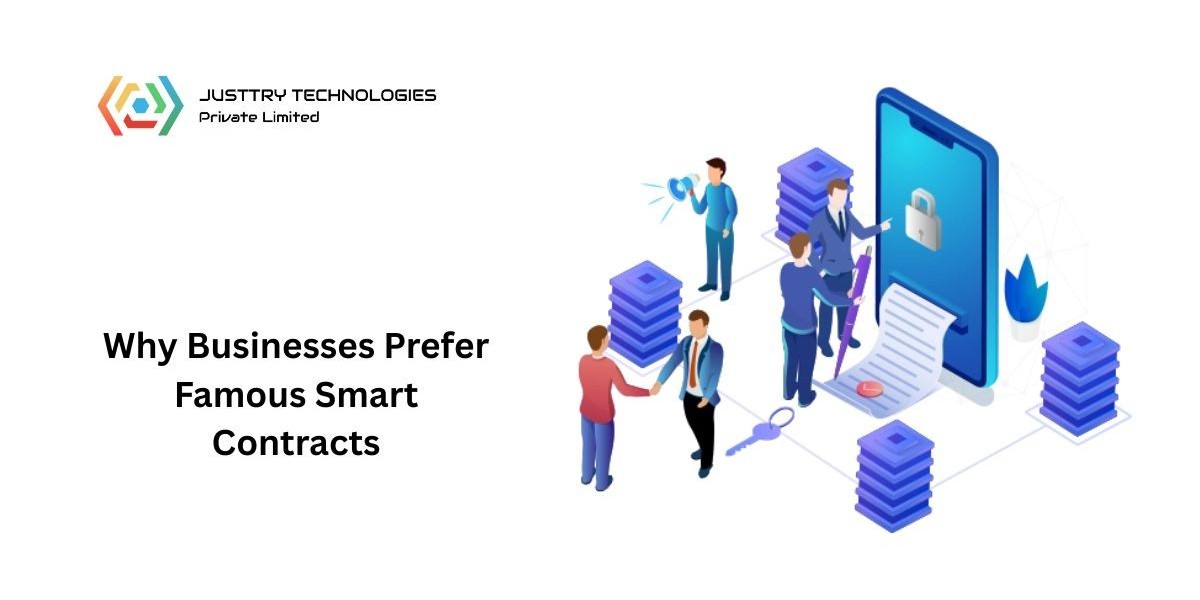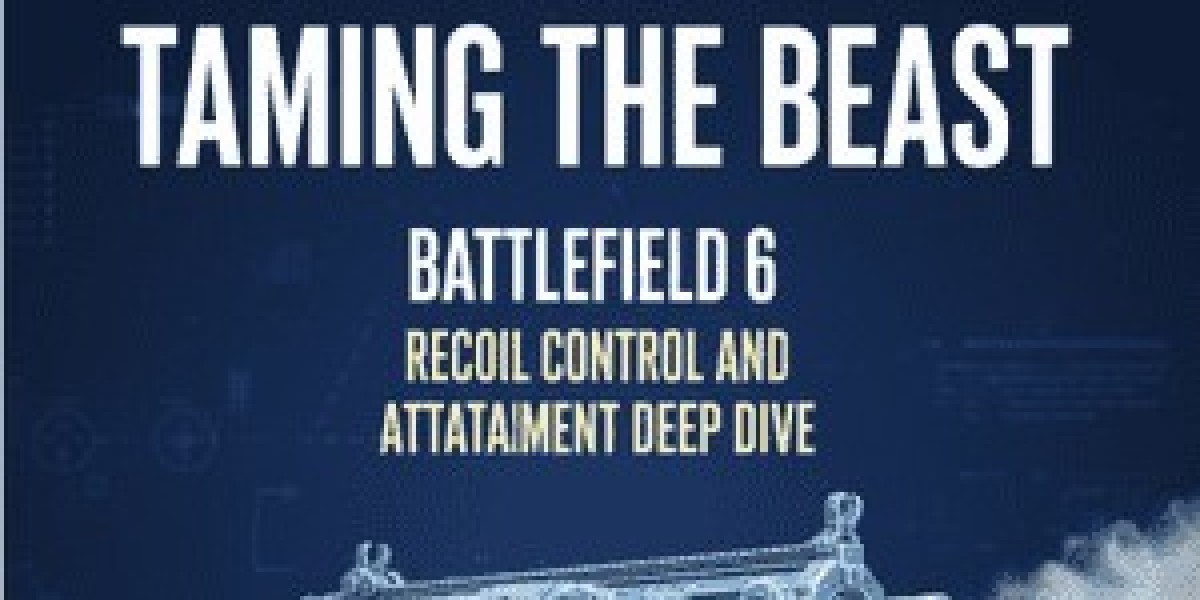Trust has become a programmable element through blockchain smart contract development, shifting business from traditional intermediaries to immutable code. This digital paradigm enables self-executing agreements that enforce terms transparently and securely without third-party involvement. By embedding verifiable truth within code, smart contracts automate processes, reduce disputes, and enhance trust across global networks. They redefine business logic with increased efficiency, transparency, and security, driving innovation and transforming industries worldwide in the new decentralized economy.
Ethereum: The Pioneer of Programmable Contracts
The foundation of the smart contract revolution
Ethereum pioneered the art of programmable transactions. It allowed developers to embed business logic directly onto the blockchain. As the first platform to introduce web3 smart contract development, Ethereum transformed static ledgers into dynamic ecosystems capable of hosting decentralized applications, tokens, and autonomous organizations.
Why enterprises still trust Ethereum
Even with its evolving scalability challenges, Ethereum’s vast developer community and robust security framework make it a favored choice for industries seeking reliability. Its transition to Proof of Stake has minimized energy consumption, strengthening its appeal for environmentally conscious corporations. Businesses value Ethereum’s:
Proven security through long-standing public testing.
Extensive tooling support for developers.
Global interoperability across decentralized networks.
Binance Smart Chain: The Fast and Cost-Effective Contender
Bridging affordability with scalability
While Ethereum remains the gold standard, Binance Smart Chain (BSC) emerged as the pragmatic choice for efficiency. Its architecture delivers high throughput at minimal transaction costs, a decisive factor for startups and enterprises seeking rapid deployment.
The developer-friendly ecosystem
BSC supports Ethereum-compatible tools, enabling a seamless transition for existing smart contract developers. Its dual-chain model bridges DeFi ecosystems and centralized platforms, fostering faster innovation cycles. The ease of integration with financial and NFT applications has accelerated its dominance in emerging markets.
Cardano: The Academic Approach to Smart Contract Precision
A philosophy rooted in peer-reviewed science
Cardano operates on meticulous research and mathematical precision. Unlike its counterparts, its development follows academic validation before release. This cautious, evidence-based approach ensures that each smart contract operates with enhanced formal verification — minimizing vulnerabilities and contract failures.
Why sustainable innovation attracts enterprises
Cardano’s energy efficiency and modular upgrades position it as a future-ready network. Enterprises view Cardano as a long-term infrastructure choice for compliance-heavy industries like healthcare, education, and government services.
Choosing the Right Blockchain for Business Use Cases
Evaluating scalability, interoperability, and security
When businesses assess smart contract development services, their priorities revolve around scalability, cost-efficiency, and interoperability. Ethereum offers depth and maturity, BSC ensures accessibility, and Cardano emphasizes structural integrity.
Use-case alignment across sectors
Finance: Automated lending and decentralized insurance.
Supply Chain: Immutable record-keeping and real-time tracking.
Real Estate: Tokenized property ownership and automated transfers.
Each blockchain serves distinct industry needs, depending on transaction volume and the applicable regulatory frameworks.
The Role of Smart Contract Development Experts
How professional services enhance blockchain adoption
The success of a smart contract lies not only in code but in comprehension. Developing with a smart contract development company brings expertise in design architecture, testing, and Smart Contract Integration Services that ensure seamless operation across platforms.
Why businesses collaborate with companies like JustTry Technologies
Companies such as JustTry Technologies empower enterprises with tailored blockchain solutions. Their team of experienced developers crafts secure, scalable, and interoperable systems aligned with business strategies, bridging the gap between traditional IT infrastructures and decentralized frameworks.
Conclusion
As blockchain ecosystems evolve, Ethereum offers stability, BSC ensures affordability, and Cardano promises precision. Each serves a unique strategic purpose in shaping digital business contracts. The convergence of innovation and trust defines the next corporate evolution, and the question remains: which chain will your enterprise build its trust upon?







